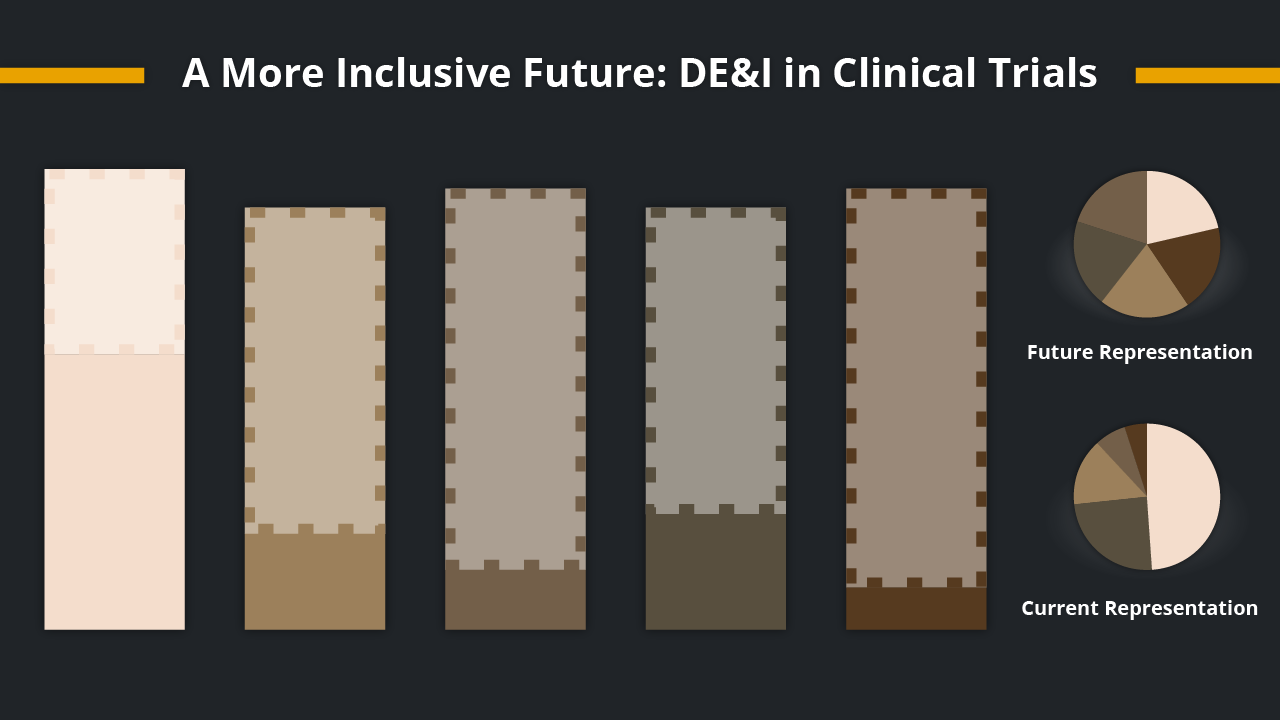It’s no secret that there has been a growing awareness of the importance of diversity, equity, and inclusion (DE&I) in clinical trials in recent years. This awareness has been fueled by a stark imbalance in participant demographics that has persisted for too long. As a product specialist at Inspirata, I have faith in the tools now in place to help support these efforts.
In 2020, the Food and Drug Administration (FDA) reported that 75% of approved molecular entities and therapeutic biologics clinical trial participants were white. Only 11% were Hispanic, 8% were Black or African American, and 6% were Asian. Comparatively, the 2020 U.S. Census data revealed that the overall population was 61.6% white, 18.7% Hispanic, 12.4% Black or African American, and 6% Asian. This disparity in representation is troubling.
Why is DE&I in clinical trials so crucial? First and foremost, a diverse participant pool is essential for ensuring the safety and efficacy of new drugs and treatments across various populations. Different ethnic and racial groups can exhibit unique genetic variations, which may influence how they respond to a particular therapy. Researchers can better understand and address potential disparities in treatment outcomes by including a representative sample of the population.
Prioritizing DE&I in clinical trials also helps to foster trust and strengthen the relationship between the scientific community and underrepresented groups. Historically, certain communities have been subjected to unethical research practices, which has led to mistrust in the medical research system. By actively promoting and implementing inclusive procedures, researchers can help rebuild these relationships and encourage broader participation in clinical trials.
An oncology tool that utilizes AI/NLP can help unbiasedly sift through patients and tag those who are potential matches for an organization’s oncology clinical trials program. This helps not only support accrual goals but also helps to fill trials with a broad range of patients supporting DE&I. As a product specialist, I advise when vetting solutions to look for transparency in modules, applications, and tools. A transparent tool will show real-time validation of the engine matches and user interaction from an operational standpoint.
At Inspirata, we continuously work to develop innovative tools that ensure clinical trial demographics accurately reflect the diverse populations they aim to serve. To learn more about the work we’re doing, please visit our clinical trial matching solution page.

